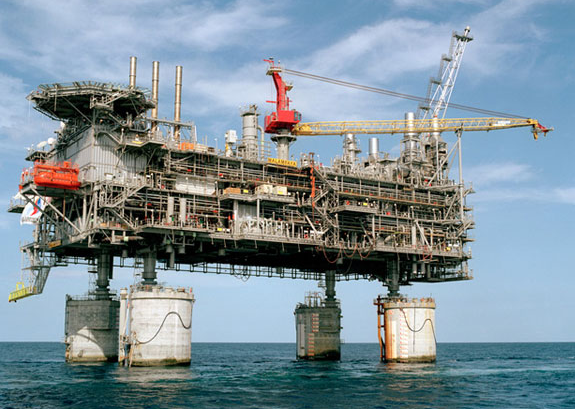(National Youth Movement for the West Philippine Sea) — The Malampaya Deep Water Gas-to-Power Project, one of the Philippines’ most significant energy assets, has long been a critical source of natural gas, accounting for a substantial portion of the country’s power supply. In recent years, controversy erupted over the sale of shares in the consortium that operates Malampaya, raising questions about government oversight and due diligence.

The Malampaya gas field is the Philippines’ sole indigenous source of natural gas, located deep offshore near the western island Palawan, and has supplied significant power to the main island of Luzon since 2001.
The sale to Dennis Uy’s company
At the heart of the controversy is the sale of a controlling stake in the Malampaya gas project to a company owned by businessman Dennis Uy. Critics argue that Uy’s company lacked the technical and financial qualifications as service contractors as required by Presidential Decree 87 to manage such a complex and strategic energy asset. Allegations surfaced that key Department of Energy officials, led by then-Secretary Alfonso Cusi, fast-tracked or “railroaded” the approval process, enabling the sale to proceed despite mounting concerns from various stakeholders.
Indictment
In a significant development, former Energy Secretary Alfonso Cusi, along with several co-accused DOE officials, was indicted on charges of graft and corruption. Prosecutors allege that Cusi and his associates violated government protocols and failed to protect the national interest by approving the sale without proper due diligence. The indictment claims that this act potentially compromised the country’s energy security by transferring control to a company deemed “unqualified” by critics and experts.
Arraignment
The Sandiganbayan, the Philippines’ anti-graft court, has scheduled the arraignment of Cusi and his co-accused for Oct. 1, 2025. The proceedings, widely anticipated by both the public and the energy sector, will determine whether the accused must stand trial for the alleged offenses. If convicted, the penalties could include imprisonment, fines, and perpetual disqualification from holding public office.
Implications for governance and the energy sector
The indictment and upcoming arraignment represent a pivotal moment for governance and transparency in the Philippines. The case underscores the importance of rigorous oversight in the management of strategic national assets and is expected to set a precedent for how similar transactions are scrutinized in the future.
Many observers see the Malampaya case as a test of the country’s resolve to hold public officials accountable, regardless of rank or political connections. For the energy industry, the outcome could influence future investments, regulatory practices, and public confidence in the integrity of government decisions.
Next steps
As the arraignment date approaches, all eyes will be on the Sandiganbayan. The coming legal proceedings will likely be closely monitored by civil society, the business community, and international observers. The case’s resolution may well shape the trajectory of energy policy and public trust in the Philippines for years to come.










